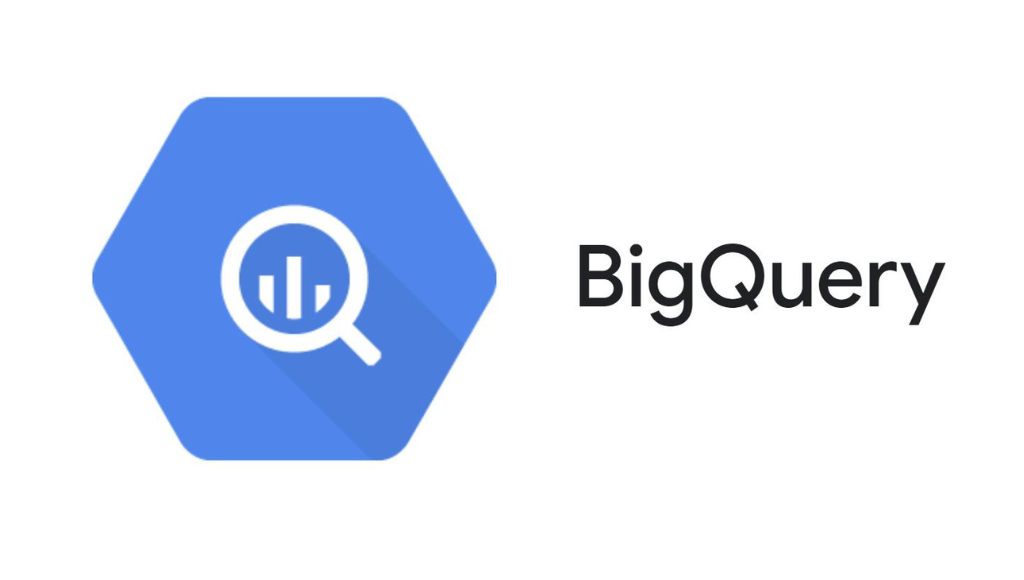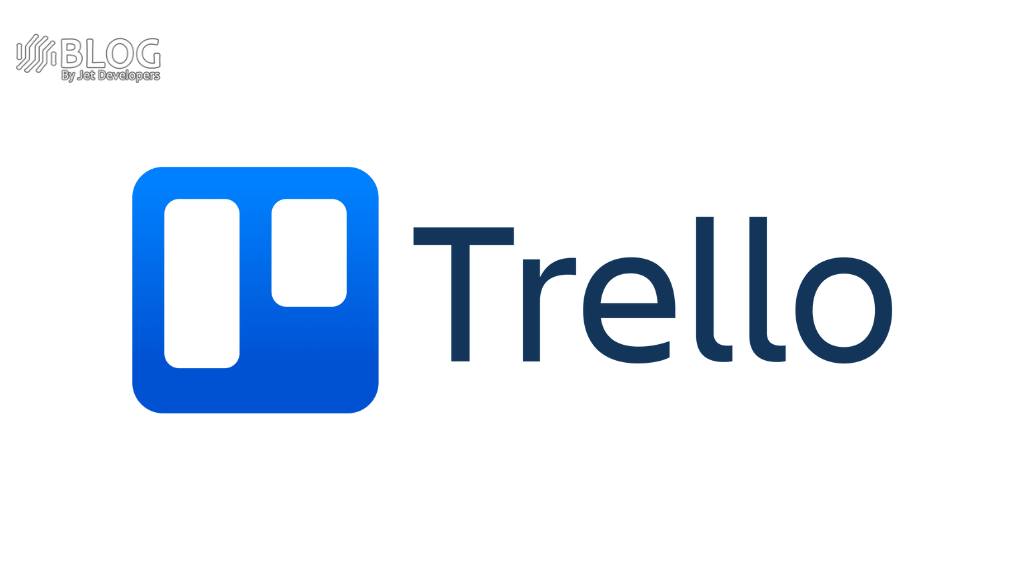Greetings, tech aficionados! We’re thrilled to share some groundbreaking news that’s about to revolutionize the way teams handle data. If you’re all about cutting-edge technology and innovative solutions, you’re in for a treat, courtesy of Google.
At the highly anticipated annual Cloud Next conference, the internet giant unveiled an array of major enhancements for its fully managed, serverless data warehouse, BigQuery. These improvements are set to foster a unified experience, linking data and workloads seamlessly. And that’s not all – Google also divulged plans to infuse AI into the platform and utilize its generative AI collaborator to amplify the efficiency of teams deciphering insights from data.
Gerrit Kazmaier, Vice President and General Manager for data and analytics at Google, perfectly summed it up in a blog post: “These innovations will help organizations harness the potential of data and AI to realize business value — from personalizing customer experiences, improving supply chain efficiency, and helping reduce operating costs, to helping drive incremental revenue.”
Now, before we dive into the specifics, a quick heads-up: most of these remarkable capabilities are currently in preview stage and aren’t yet universally available to customers. But let’s explore the exciting developments nonetheless!
BigQuery Studio: A Unified Data Hub
Google is taking data management to the next level by introducing BigQuery Studio within its BigQuery framework. This powerful feature offers users a single integrated interface for tasks ranging from data engineering and analytics to predictive analysis.
Until now, data teams had to juggle an assortment of tools, each catering to a specific task – a process that often hindered productivity due to the constant tool-switching. With the advent of BigQuery Studio, Google is simplifying this journey. Data teams can now utilize an all-inclusive environment to discover, prepare, and analyze datasets, as well as run machine learning (ML) workloads.
A spokesperson from Google stated, “BigQuery Studio provides data teams with a single interface for your data analytics in Google Cloud, including editing of SQL, Python, Spark and other languages, to easily run analytics at petabyte scale without any additional infrastructure management overhead.”
BigQuery Studio is already in preview, with enterprises like Shopify actively testing its capabilities. This innovation comes packed with enhanced support for open-source formats, performance acceleration features, and cross-cloud materialized views and joins in BigQuery Omni.
Expanding Horizons for Data Teams
But that’s not where Google’s innovation journey ends. The tech giant is bridging the gap between BigQuery and Vertex AI foundation models, including PaLM 2. This integration empowers data teams to scale SQL statements against large language models (LLMs) seamlessly. Furthermore, new model inference capabilities and vector embeddings in BigQuery are set to help teams run LLMs efficiently on unstructured datasets.
Kazmaier emphasized, “Using new model inference in BigQuery, customers can run model inferences across formats like TensorFlow, ONNX and XGBoost. In addition, new capabilities for real-time inference can identify patterns and automatically generate alerts.”
And brace yourselves, because Google is taking another stride by integrating its generative AI-powered collaborator, Duet AI, into the arsenal of tools like BigQuery, Looker, and Dataplex. This integration introduces natural language interaction and automatic recommendations, promising heightened productivity and extended accessibility.
Remember, this integration is still in its preview phase, and we’re eagerly awaiting further updates on its general availability.
The Google Cloud Next event is set to run through August 31, offering ample time for tech enthusiasts to delve deeper into these remarkable developments. Keep your eyes peeled for more insights and exciting updates from Google as they continue to reshape the landscape of data collaboration and AI integration. Stay tuned!






